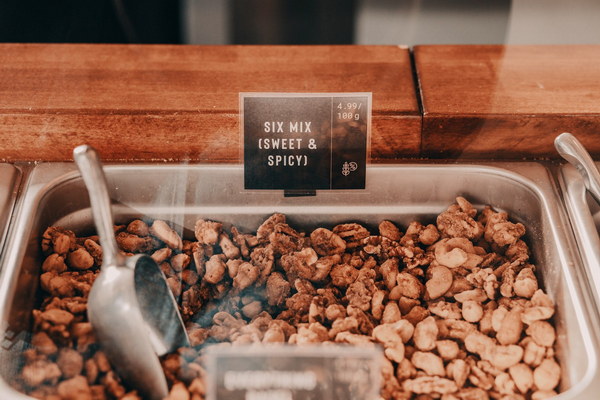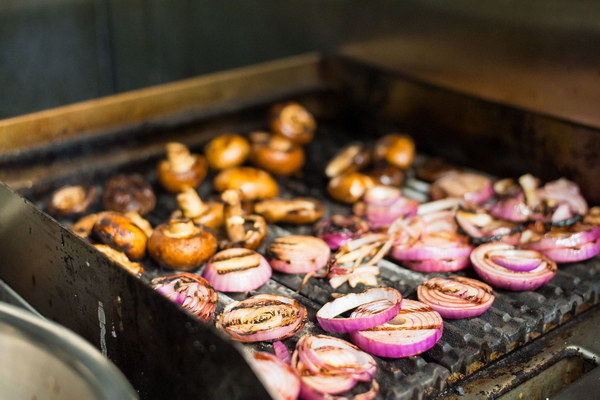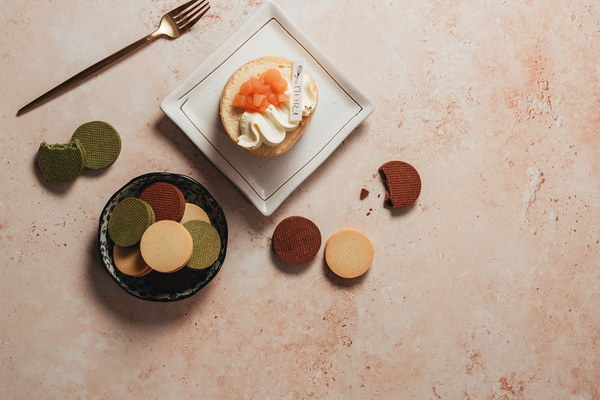Unwrap the Humidity Life in Chengdu and the Art of Dampness Relief
Nestled in the heart of the Sichuan Basin, Chengdu, the capital city of Sichuan Province, is renowned for its rich history, spicy cuisine, and, of course, its infamous humidity. Living in Chengdu, one can’t help but feel the constant presence of dampness, which is not only a physical sensation but also a cultural trait of this charming city. This article delves into the life in Chengdu and the art of dampness relief, offering insights into how locals combat the moisture and embrace their unique way of life.
The humidity in Chengdu is a result of its geographical location and the surrounding mountains. It is often referred to as the Land of Abundance, but the high humidity can also be a source of discomfort for many. However, for locals, adapting to the damp climate is a way of life, and there are several traditional practices and modern solutions to help alleviate the moisture.
Firstly, the locals have a deep appreciation for spicy food, which is believed to help reduce dampness. The Sichuan cuisine, famous for its numbing Sichuan peppercorn, is not only delicious but also effective in promoting sweat and thus expelling dampness from the body. Spicy dishes like Mapo Tofu, Twice-Cooked Pork, and Kung Pao Chicken are staples in the Chengdu diet.
Another essential aspect of dampness relief is the use of herbal medicine. In Sichuan, traditional Chinese medicine (TCM) is widely practiced, and many locals turn to herbal remedies to combat the humidity. Common herbs used to alleviate dampness include Atractylodes macrocephala, Poria cocos, and Atractylodes lancea. These herbs are often found in various TCM formulas, which can be purchased at local pharmacies or TCM shops.
Moreover, the locals pay great attention to their living environment. In Sichuan, you will find that many homes have a distinctive damp-proof design, such as using bamboo or wood for construction materials and hanging dried chili peppers and garlic in the kitchen to repel moisture. Air conditioning and dehumidifiers are also widely used in modern homes to maintain a comfortable indoor climate.
In addition to the physical measures, there are cultural practices that contribute to dampness relief. For example, tea culture is deeply rooted in Chengdu. Drinking hot tea, especially Sichuan tea, is a popular way to warm the body and ward off dampness. Moreover, the locals often engage in social activities, such as visiting teahouses, playing Mahjong, and enjoying the local opera, to keep themselves entertained and maintain a positive outlook amidst the humidity.

Despite the challenges posed by the damp climate, Chengdu has much to offer. The city is home to numerous historical sites, such as the Jinli Ancient Street and the Chengdu Research Base of Giant Panda Breeding. The city also boasts a vibrant culinary scene, with numerous restaurants and street food vendors serving up delicious Sichuan dishes.
In conclusion, life in Chengdu is a unique experience, where the constant presence of humidity is a testament to the city’s unique charm. By embracing traditional practices, modern solutions, and a positive outlook, locals have learned to live comfortably in this damp environment. For those visiting or living in Chengdu, understanding the art of dampness relief will help you better appreciate the city and its way of life.









